News
-
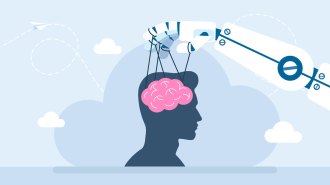 Artificial Intelligence
Artificial IntelligenceAI learned how to sway humans by watching a cooperative cooking game
New research used the game Overcooked to show how offline reinforcement learning algorithms could teach bots to collaborate with — or manipulate — us.
-
 Neuroscience
NeuroscienceDogs know words for their favorite toys
The brain activity of dogs that were expecting one toy but were shown another suggests canines create mental concepts of everyday objects.
-
 Humans
HumansThese are the chemicals that give teens pungent body odor
Steroids and high levels of carboxylic acids in teenagers’ body odor give off a mix of pleasant and acrid scents.
By Skyler Ware -
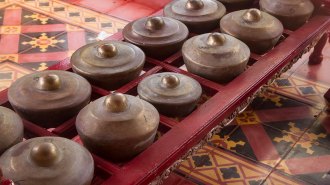 Psychology
PsychologyTimbre can affect what harmony is music to our ears
The acoustic qualities of instruments may have influenced variations in musical scales and preferred harmonies.
-
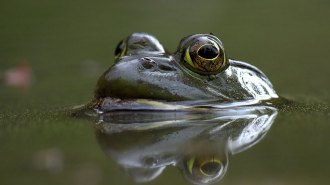 Animals
AnimalsAmerican bullfrogs may be threatening a rare frog species in Brazil
A search for environmental DNA from critically endangered Pithecopus rusticus frogs turned up DNA from invasive American bullfrogs instead.
-
 Science & Society
Science & SocietyNot all cultures value happiness over other aspects of well-being
Nordic countries topped the 2024 world happiness rankings. But culture dictates how people respond to surveys of happiness, a researcher argues.
By Sujata Gupta -
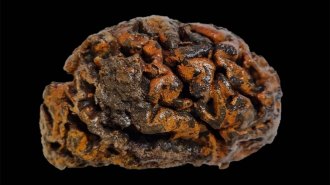 Archaeology
ArchaeologyHuman brains found at archaeological sites are surprisingly well-preserved
Analyzing a new archive of 4,400 human brains cited in the archaeological record reveals the organ’s unique chemistry might prevent decay.
-
 Health & Medicine
Health & MedicineLong COVID brain fog may be due to damaged blood vessels in the brain
MRI scans of long COVID patients with brain fog suggest that the blood brain barrier may be leaky.
By Meghan Rosen -
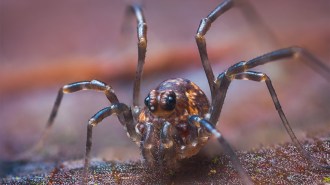 Animals
AnimalsDaddy longlegs look like they have two eyes. That doesn’t count the hidden ones
Despite its two-eyed appearance, Phalangium opilio has six peepers. The four optical remnants shed light on the arachnids’ evolutionary history.
-
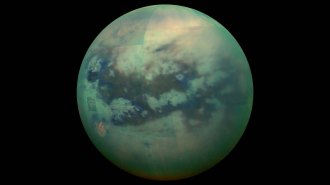 Planetary Science
Planetary ScienceTitan’s dark dunes could be made from comets
Saturn’s largest moon could have gotten its sands from an ancient reshuffling of the solar system. If true, that would solve a long-standing mystery.
By Nikk Ogasa -
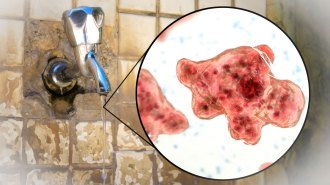 Health & Medicine
Health & MedicineDon’t use unsterilized tap water to rinse your sinuses. It may carry brain-eating amoebas
Two new studies document rare cases in which people who rinsed sinuses with unsterilized tap got infected with brain-eating amoebas.
-
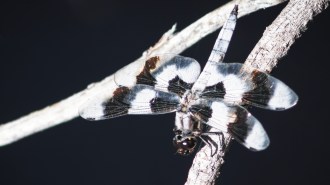 Animals
AnimalsMale dragonflies’ wax coats might protect them against a warming climate
The reflective wax, which cools males on sunny courtship flights, may also armor them against the effects of climate change.
By Jake Buehler